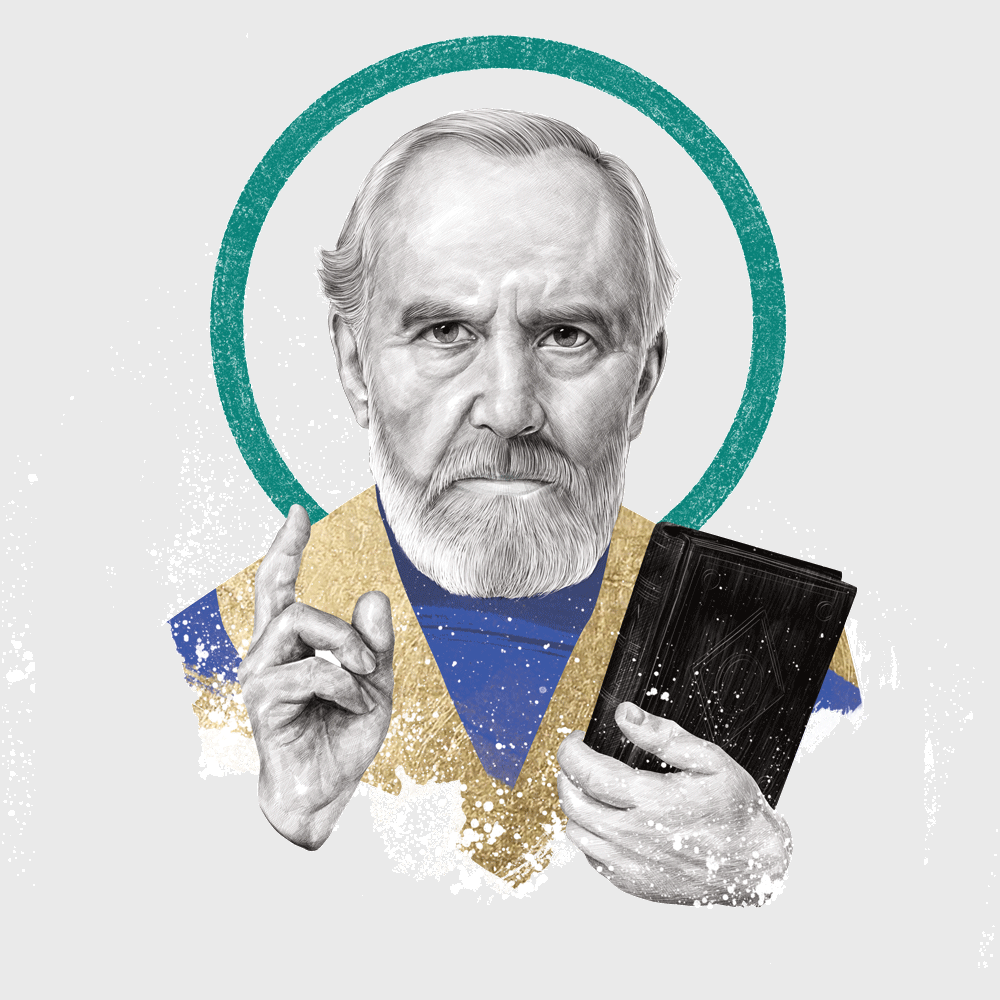Isaac Watts
Isaac Watts’ legacy is profound. His hymns have become an indispensable part of Christian worship and are sung by millions across the world.
Isaac Watts, the renowned “Father of English Hymnody” and well-known composer of “Joy to the World,” was a child prodigy who became a minister, theologian and hymn writer. Born in Southampton, England on July 17, 1674, Isaac began studying Latin at the age of four, followed by Greek, Hebrew and French. He displayed a propensity for rhyme from an early age.
Isaac’s most significant contribution to Christian worship was his transformation of English hymns. At the time, hymns in Protestant churches were largely limited to metrical psalms—scriptural psalms translated into English verse. While theologically strong, these psalms were rigid and uninspiring. He believed that worship should involve the personal and emotional experience reflecting the New Testament’s message and the believer’s personal relationship with God.
In 1707, Isaac published his first collection of hymns, “Hymns and Spiritual Songs.” This collection, along with later publications, marked a radical departure from the strict psalmody tradition. Isaac’s hymns were original compositions on biblical themes conveyed in a more personal and accessible language. His hymns were filled with joy, love and awe that profoundly resonated with congregations. His most famous hymns include: “When I survey the Wondrous Cross,” “O God, our Help in Ages Past,” and “Joy to the World.”
A large public statue of Isaac Watts stands at Abney Park, where he lived for 36 years at the manor house as a guest of Thomas and Lady Mary Abney. Here he sought and received inspiration for the books and hymns that he wrote. The estate later became Abney Park Cemetery. At the age of 74, Isaac Watts died at Abney Hall in 1748. The Watts statue and remains of Abney Hall are but a five-minute walk from the William and Catherine Booth family graves in this famous cemetery.
Isaac Watts’ legacy is profound. His hymns have become an indispensable part of Christian worship and are sung by millions across the world. Through his innovative approach to hymn writing, Watts brought a new depth of feeling and expression to Christian worship. His influence continues three centuries after his life. His hymns continue to inspire and uplift believers around the world.
So What?
In what ways are you building upon the past to influence meaningful change for the present and future? Like Isaac, is your leadership filling hearts with joy, love and awe for the kingdom of God?



